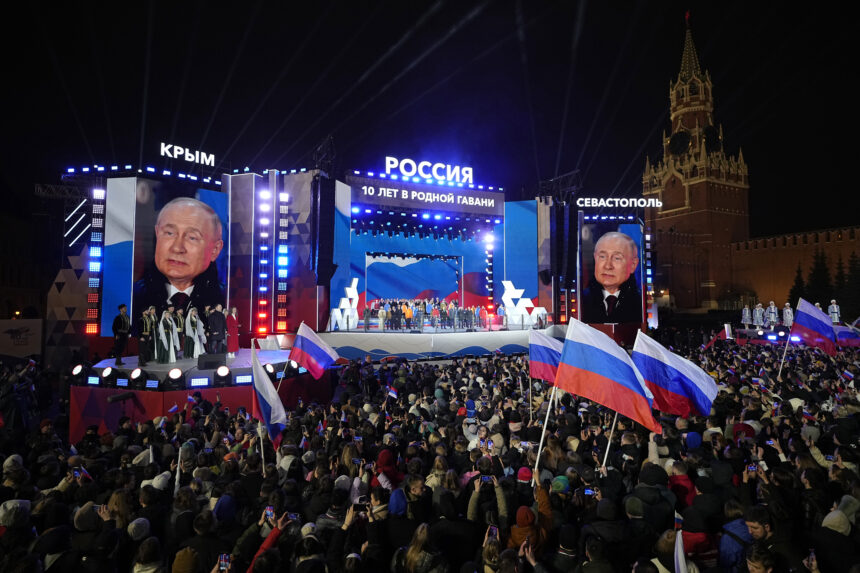The United States might recognize Russia’s control over Crimea in exchange for a peace agreement between Moscow and Kyiv, according to confidential documents reportedly sent to European allies. This proposal has raised concerns, and experts are discussing its potential risks.
The U.S. allegedly presented this proposal to Ukraine, with a response deadline of April 23, but a key diplomatic meeting was unexpectedly downgraded to an advisory level. This occurred after several representatives from Germany, France, the U.K., and Ukraine canceled their participation. U.S. Secretary of State Marko Rubio also did not attend.
Ukraine’s Reaction: Despite ongoing discussions about Crimea’s annexation since 2014, Kyiv has been cautious in responding. Refat Chubarov, a representative of the Crimean Tatars, accused the Trump administration of testing Ukraine’s leadership with territorial concessions. However, Ukraine firmly rejected the recognition of Crimea as part of Russia. President Volodymyr Zelensky emphasized that Crimea is Ukrainian territory and that its recognition as Russian would violate Ukraine’s constitution.
Risks of Recognizing Crimea’s Annexation: Experts from the Robert Lansing Institute for Global Threats and Democracy (RLI) argue that recognizing Crimea’s annexation could undermine international norms and the principle of territorial integrity established after World War II. This move could encourage other authoritarian regimes to engage in territorial revisionism, threatening global stability.
The recognition could also create divisions among Western allies, with Ukraine viewing it as a betrayal, especially those from Eastern Europe within NATO and the EU. Additionally, the U.S. domestic political landscape would likely be affected, raising questions about the motivations behind such a move, particularly considering Donald Trump’s ties to Russia.
“Extremely Dangerous Precedent” Ukrainian political scientist Volodymyr Fesenko called Crimea a “red line”, stating that its loss would be unacceptable for Ukraine. He also warned that recognizing Crimea’s annexation would set a dangerous precedent globally, especially with China’s claims over Taiwan.
While the London meeting appears to have failed, observers now speculate about the next steps for Washington. U.S. Vice President D.J. Vens indicated that both Ukraine and Russia must make territorial compromises, warning that the U.S. would withdraw from negotiations if the proposal is rejected.







